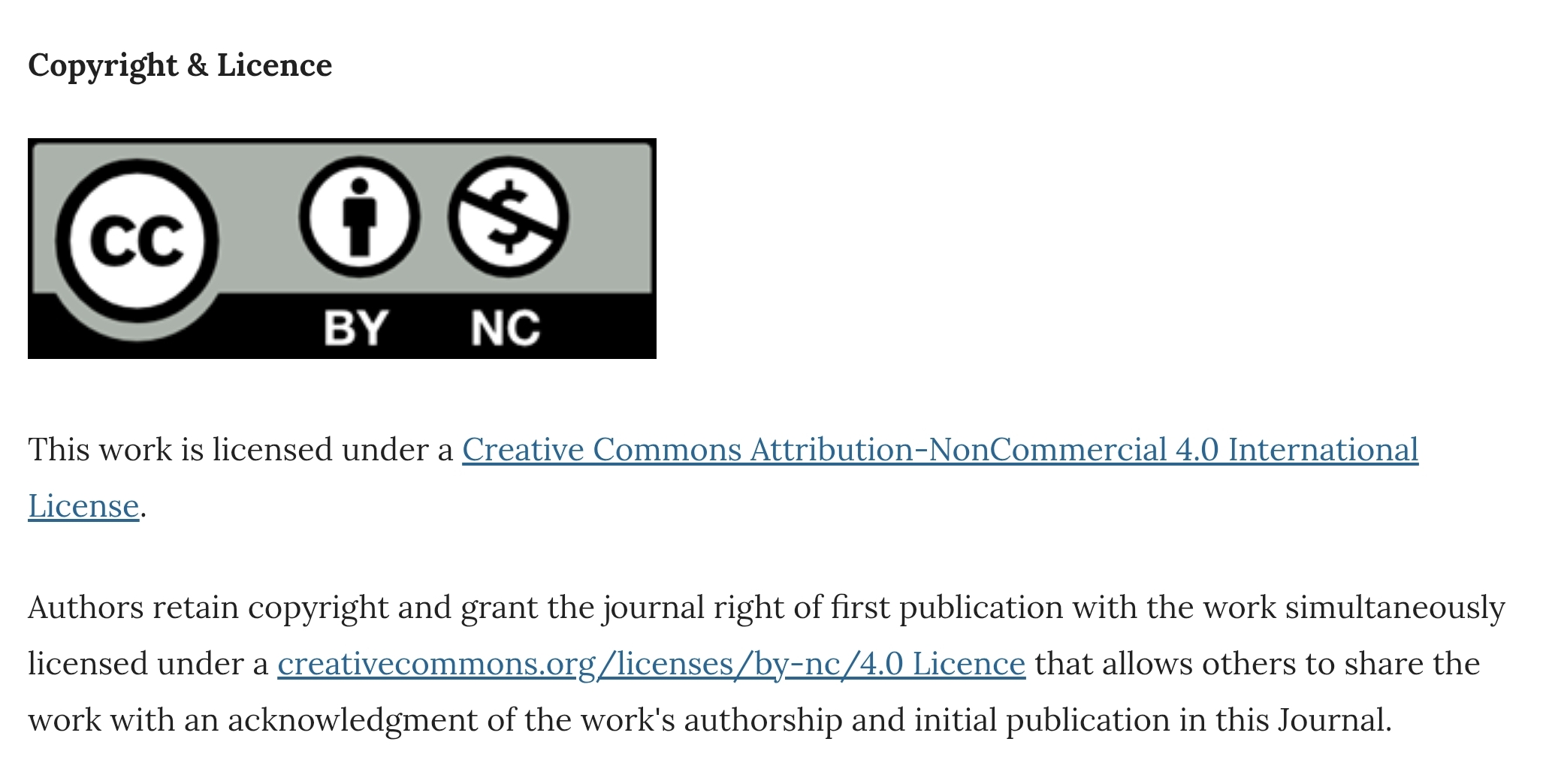Willingness and psychological preparedness to attend to COVID-19 patients among healthcare workers in a tertiary care private hospital in Kerala - A mixed method study
DOI:
https://doi.org/10.30834/KJP.33.2.2020.204Abstract
Background: The COVID-19 pandemic has made an unprecedented psychological impact on healthcare workers. The objective of this study was to appraise the willingness, attitudes and psychological preparedness of the frontline healthcare workers to respond to the COVID-19 pandemic. Methodology: This was a mixed-method study combining a web-based cross-sectional survey, focus group discussions and semi-structured interviews. The cross-sectional survey covered 202 healthcare workers, and the qualitative assessment was done on 16 frontline healthcare workers. Results: The willingness to respond to the pandemic was found to be significantly higher among doctors and nurses compared to medical interns. Among demographic factors increasing age and female gender were the key factors in determining willingness and positive emotional response. While anxiety was the most common emotional response, the fear of infecting family members was found to be the most common risk perceived in qualitative analysis. The study highlights the altruistic attitude of frontline health workers to be the most important contributing factor for psychological preparedness. Conclusion: This study outlines the fact that willingness to respond in a pandemic is an innate response in healthcare workers. Considering the risks, workload and socioeconomic stressors, proactive psychosocial support should be given to frontline healthcare workers by the institutions, governments, and society.
Downloads
References
Madhav N, Oppenheim B, Gallivan M, Mulembakani P, Rubin E, Wolfe N. 2017. Pandemics: risks, impacts, and mitigation. In, Jamison DT, Gelband H, Horton S, Jha P, Laxminarayan R, Mock CN, and Nugent R, editors. Disease Control Priorities: Improving Health and Reducing Poverty. 3rd ed. Washington (DC): The International Bank for Reconstruction/The World Bank:2017; pp.315.
World Health Organization. Health worker Ebola infections in Guinea, Liberia and Sierra Leone - a preliminary report. Geneva: WHO; 2015.
Peeri NC, Shrestha N, Rahman MS, Zaki R, Tan Z, Bibi S, et al. The SARS, MERS and novel coronavirus (COVID-19) epidemics, the newest and biggest global health threats: What lessons have learned? Int J Epidemiol. 2020;49(3):717-26.
Tam CWC, Pang EPF, Lam LCW, Chiu HFK. Severe acute respiratory syndrome (SARS) in Hong Kong in, 2003: Stress and psychological impact among frontline healthcare workers. Psychol Med. 2004;34(7):1197–204.
Lee SM, Kang WS, Cho AR, Kim T, Park JK. Psychological impact of the 2015 MERS outbreak on hospital workers and quarantined hemodialysis patients. Compr Psychiatry. 2018;87:123-127.
Su TP, Lien T C, Yang C Y, Su YL, Wang JH, Tsai SL, et al. Prevalence of psychiatric morbidity and psychological adaptation of the nurses in a structured SARS caring unit during outbreak: A prospective and periodic assessment study in Taiwan. J Psychiatr Res. 2007;41(1-2):119-30.
McCabe OL, Barnett DJ, Taylor HG, Links JM. Ready, willing, and able: a framework for improving the public health emergency preparedness system. Disaster Med Public Health Prep 2010;4(2):161-68.
Imai T, Takahashi K, Hasegawa N, Lim MK, Koh D. SARS risk perceptions in healthcare workers, Japan. Emerg Infect Dis. 2005;11(3):404-10.
Stergachis A, Garberson L, Lien O, Ambrosio LD, Sangaré L, Dold C, et al. Health Care Workers' Ability and Willingness to Report to Work During Public Health Emergencies. Disaster Med Public Health Prep. 2011;5(4):300-308.
Shanafelt T, Ripp J, Trockel M. Understanding and Addressing Sources of Anxiety Among Health Care Professionals During the COVID-19 Pandemic. JAMA. 2020;323(21):2133–34
Kim Y. Nurses' experiences of care for patients with Middle East respiratory syndrome-coronavirus in South Korea. Am J Infect Control. 2018;46(7):781-87.
Kuttichira P. Rising feminisation among students of
Kerala medical colleges. Health Sciences 2014;3(1).
McGaghie WC, Mytko JJ, Brown WN, Cameron JR. Altruism and compassion in the health professions: a search for clarity and precision. Med Teach. 2002;24(4):374-78.
Hippocratic oath | Definition, Summary, & Facts [Internet]. Encyclopedia Britannica. [cited 2020 21st June]. Available from: https://www.britannica.com/topic/Hippocratic-oath
Buhnemann K. The Nightingale Pledge [Internet]. Florence Nightingale Museum London. [cited 2020 21st June]. Available from: https://www.florence-nightingale.co.uk/the-nightingale-pledge-1893
Christov-Moore L, Simpson EA, Coudé G, Grigaityte K, Iacoboni M, Ferrari PF. Empathy: gender effects in brain and behavior. Neurosci Biobehav Rev. 2014;46 Pt 4(Pt 4):604-27.
Al-Hunaishi W, Hoe VC, Chinna K. Factors associated with healthcare workers willingness to participate in disasters: a cross-sectional study in Sana'a, Yemen. BMJ Open. 2019;9(10): e030547. Published 2019,17th October. doi:10.1136/bmjopen-2019-030547
Aoyagi Y, Beck CR, Dingwall R, Nguyen-Van-Tam JS. Healthcare workers' willingness to work during an influenza pandemic: a systematic review and meta-analysis. Influenza Other Respir Viruses. 2015 May;9(3):120-30.
Dilip TR. Utilisation of inpatient care from private hospitals: trends emerging from Kerala, India. Health Policy Plan. 2010;25(5):437-46.
Damery S, Wilson S, Draper H, Gratus C, Greenfield S, Ives J, et al. Will the NHS continue to function in an influenza pandemic? A survey of healthcare workers in the West Midlands, UK. BMC Public Health. 2009 14th May; 9:142. doi: 10.1186/1471-2458-9-142 21.
Khan A, Al Johani M. Level of willingness to report to work during a pandemic among the emergency department health care professionals. Asian Journal of Medical Sciences 2014; 5(3):58-62.
Lim A, Epperly T. Generation gap: effectively leading physicians of all ages. Fam Pract Manag. 2013;20(3):29-34.
Shehnaz SI. Privatisation of Medical Education: Viewpoints with a global perspective. Sultan Qaboos Univ Med J. 2010;10(1):6-11.
Cai H, Tu B, Ma J, Chen L, Fu L, Jiang Y, Zhuang Q. Psychological Impact and Coping Strategies of Frontline Medical Staff in Hunan Between January and March 2020 During the Outbreak of Coronavirus Disease 2019 (COVID 19) in Hubei, China. Med Sci Monit. 2020 Apr 15; 26:e924171.
Khalid I, Khalid TJ, Qabajah MR, Barnard AG,
Qushmaq IA. Healthcare workers' emotions, perceived stressors and coping strategies during MERS-CoV outbreak. Clin Med Res 2016;1303:1-22.
Sun N, Wei L, Shi S, Jiao D, Song R, Ma L, et al. A qualitative study on the psychological experience of caregivers of COVID-19 patients. Am J Infect Control. 2020;48(6):592-98.
Downloads
Published
How to Cite
Issue
Section
License
Copyright (c) 2020 Kerala Journal of Psychiatry

This work is licensed under a Creative Commons Attribution-NonCommercial 4.0 International License.











